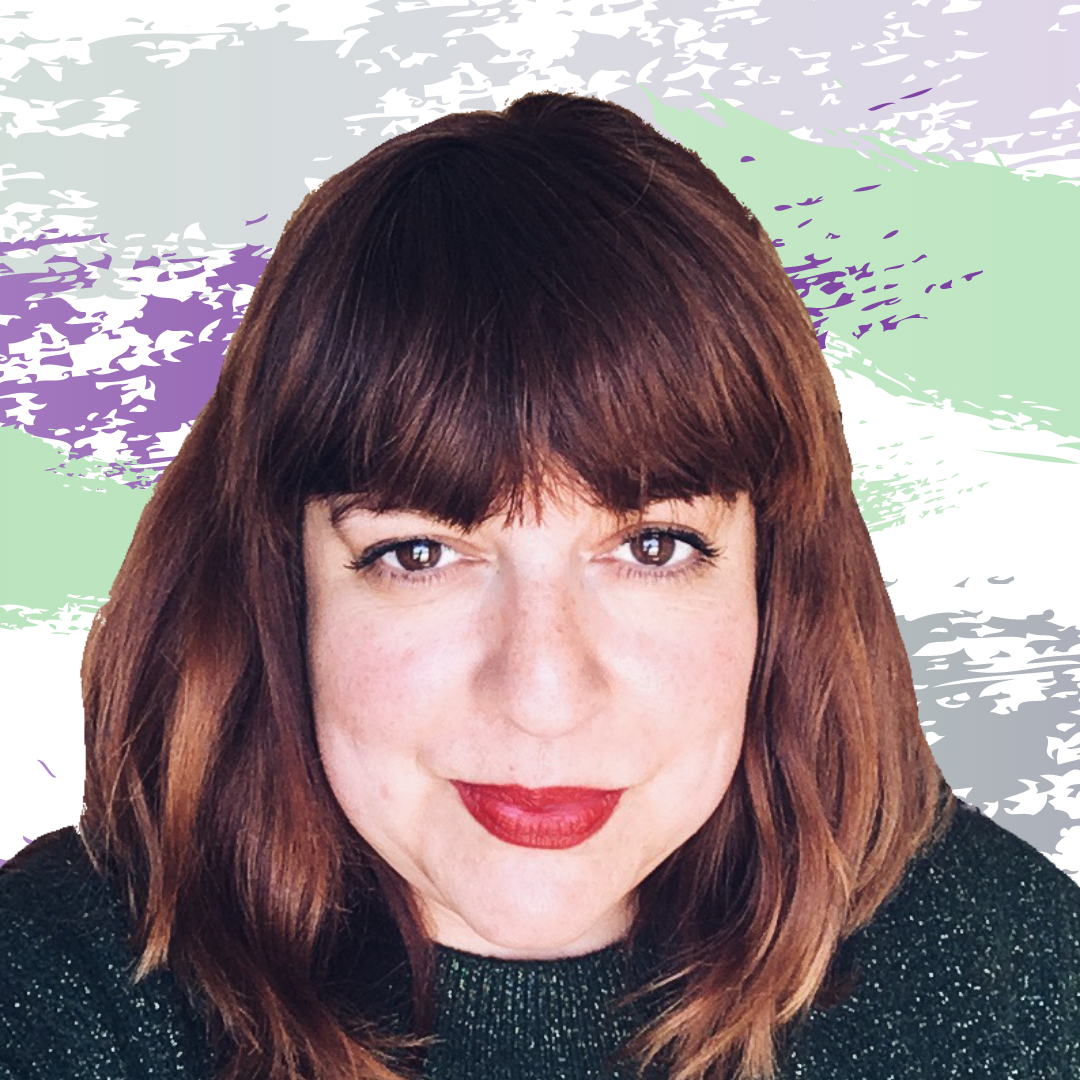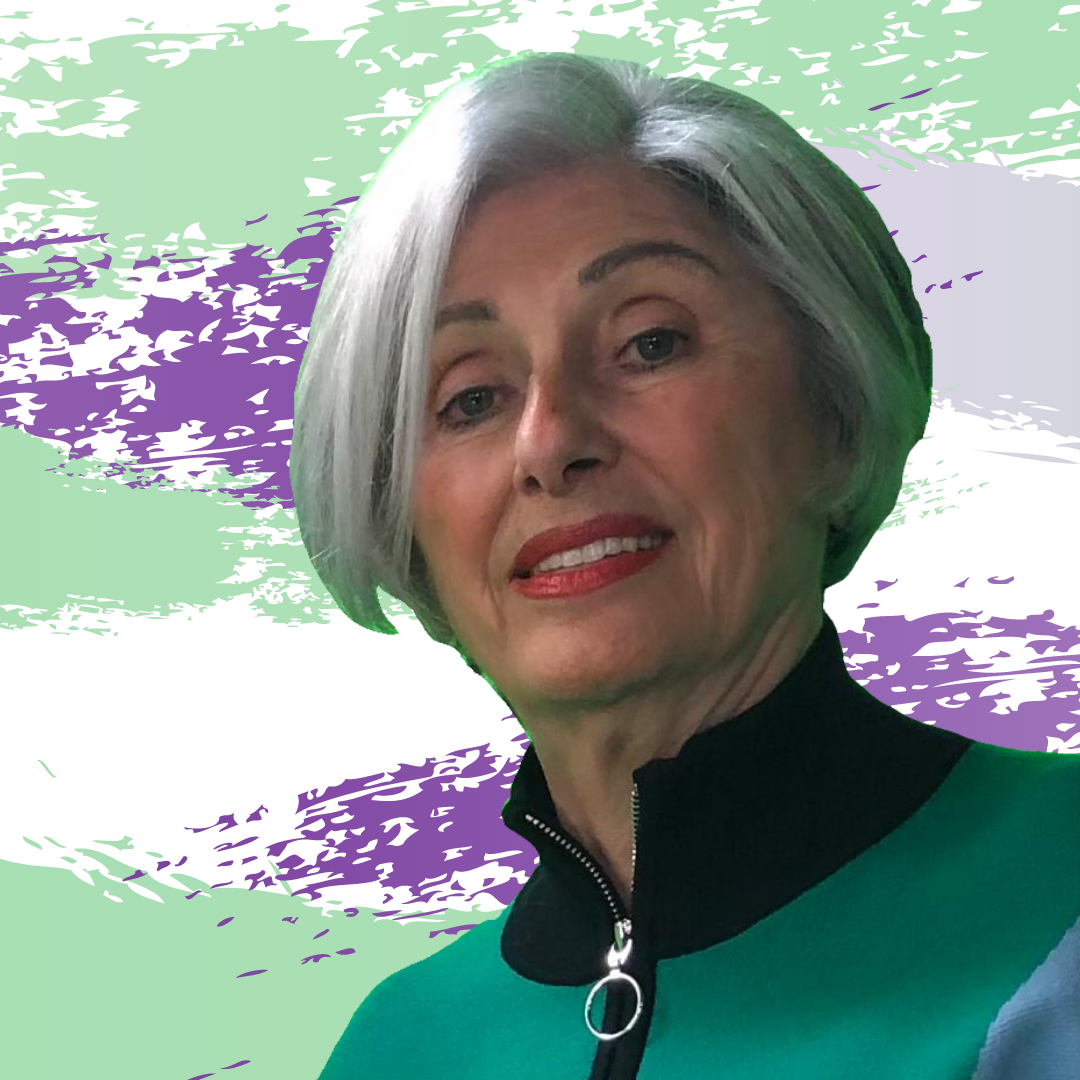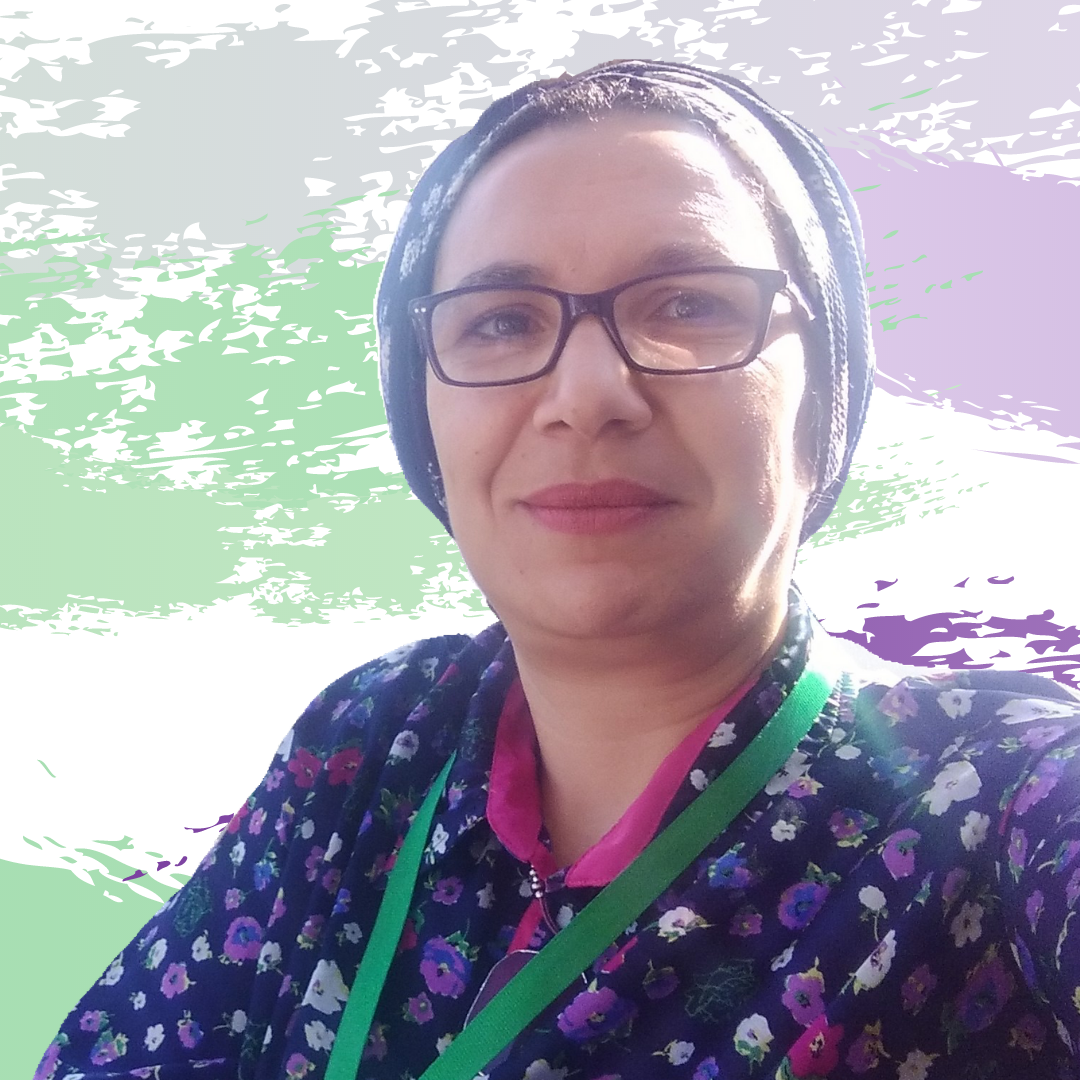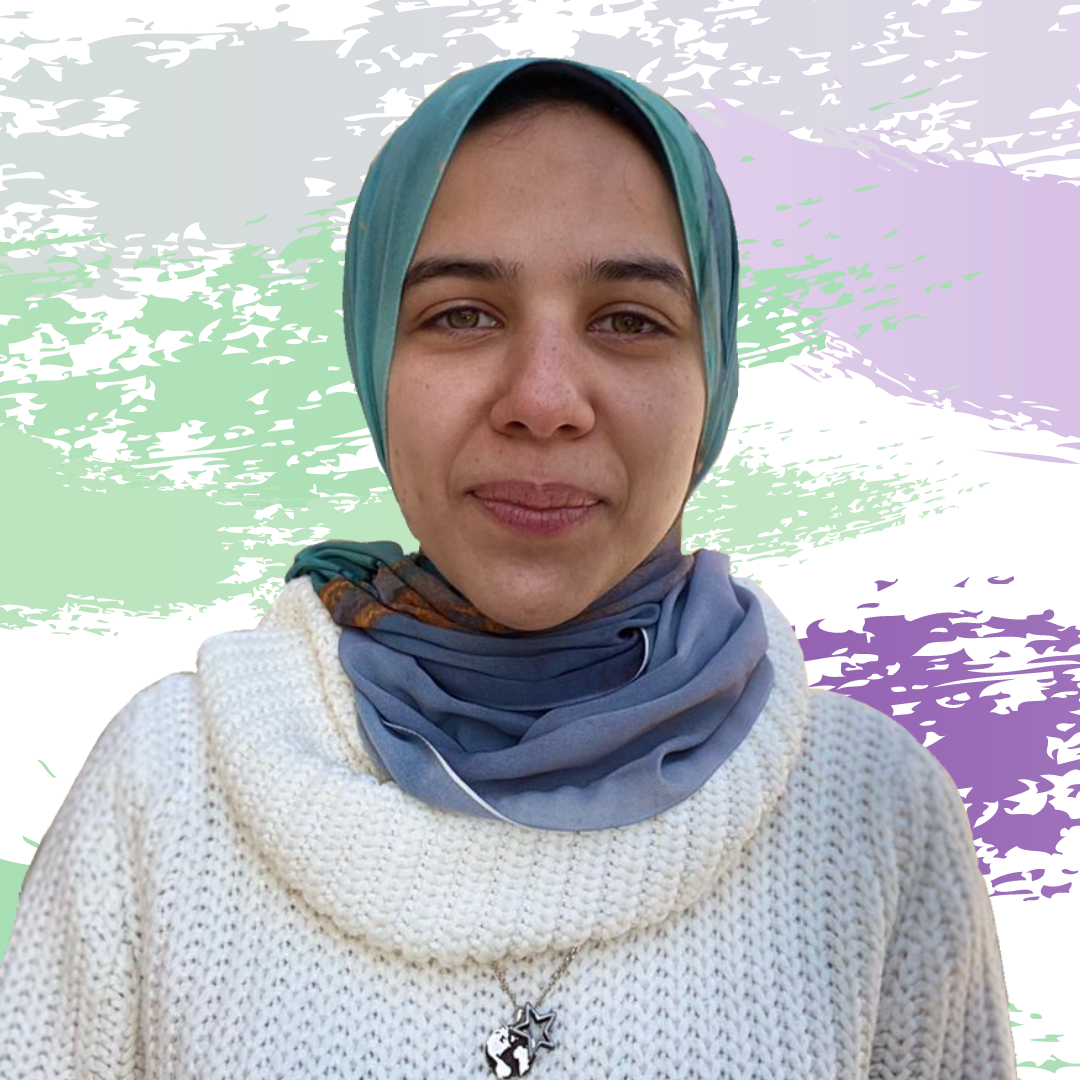

Abonnez-vous aux SCP News
Women in leadership: Achieving an equal future in a COVID-19 world

March 8 is International Women's Day, a global day celebrating the social, economic, cultural and political achievements of women and girls, and raising awareness of the importance of their role in society.
UN Women announces the theme for International Women’s Day, 8 March 2021 (IWD 2021) as, “Women in leadership: Achieving an equal future in a COVID-19 world.” As UN Women states: “The theme celebrates the tremendous efforts by women and girls around the world in shaping a more equal future and recovery from the COVID-19 pandemic”.
On this occasion, we decided to give the floor to 4 inspiring women who contribute to build a better and safer future for the Mediterranean region and with whom SCP/RAC is working. From Tunisia, Egypt, Spain and Lebanon, they tell us about their projects, their achievements and their convictions, especially on the roles women can play in the transition towards sustainable development.

Gloria García Hoyo : on the frontline fighting plastic pollution with the support of SCP/RAC
The role of woman in coastal management is often diminished, although both men and women inevitably have an impact on MPA implementation and management and play different but equally important key roles as stakeholders. In Southern Spain, two women are taking actions to protect the SPAMI of Cabo de Gata-Níjar Natural Park: Lucía Tejero Trujeque, the director and conservator of the Natural Park and Gloria García Hoyo, technical assistant and geologist. Their favorite work field, the Cabo de Gata-Níjar Natural Park, has been integrated into the network of Geoparks, an association under the auspices of UNESCO.

Interview with Diana Sfeir Fadel: a pioneer in the fight for the environment and eco-sustainable development in Lebanon
On the occasion of International Women's Day, the founder of Fondation Diane, an essential partner of SCP/RAC within the framework of the SwitchMed Green Entrepreneurship programme in Lebanon, talks about her commitment to eco-sustainable development as well as the role that women have to play.
Lebanon is an exceptional land due to its unique natural heritage - its mountains, cedar forests, coastline and Mediterranean climate. There is no need to move far from its big cities to admire its natural beauty. Aware of these innumerable riches as well as their relative fragility, Diana Sfeir Fadel has made the environment her personal fight and made eco-sustainable development the pillar of her foundation, Fondation Diane

Semia Gharbi: standing up for a toxic free & gender-fair future in Tunisia and the Mediterranean
Throughout their lives, women are significantly exposed to numerous hazardous chemicals which can harm them and which, if pregnant, can be transferred to their babies via the placenta or breast milk. The risk is therefore high both for women and for all future generations.
In Tunisia, a multifaceted woman stands up for protecting the health of women, youth and future generations. Semia Gharbi is teacher-consultant in environmental science and management, president of the AEEFG (Association of Environmental Education for Future Generations), member of the Tunisie Verte Network and Regional Hub Coordinator for IPEN (International Pollutants Elimination Network) in the MENA / North Africa region.

Amina Sonbol: Egyptian Switchers, fashion designer who recycles fabric and empowers women
Amira Sonbol was volunteering in a charity shelter when she saw the dangerous side of Egyptian textiles: piles of destroyed, useless clothes. The shelter had planned to donate the garments to needy Egyptians, but many had become simply unwearable. These clothes had been sucked into the wasteful Egyptian textile sector. On top of discarded clothes, Sonbol estimates that local factories can generate up to 118,000 tonnes of fabric cast-offs annually.














